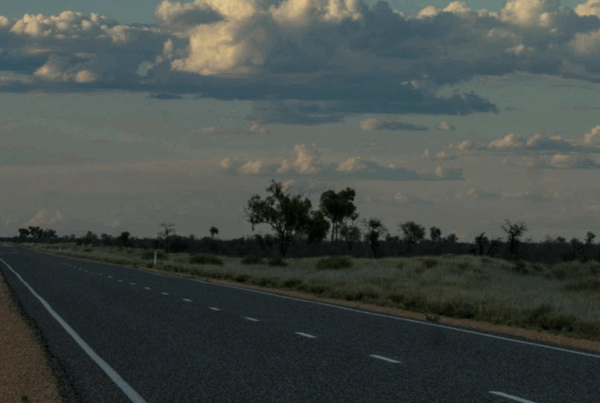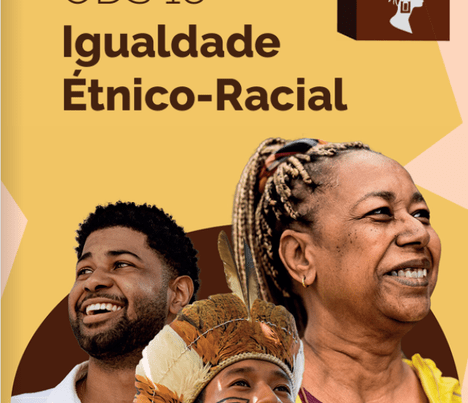“Unless someone like you cares a whole awful lot, nothing is going to get better. It’s not.” – The Lorax by Dr. Seuss
In our world of performance, we’re often caught in a drama of our own: a delicate balancing act of creating art that’s both sustainable and accessible. The stage is set with challenges, notably the perception that prioritising one means sacrificing the other due, often due to budgets. But what if this isn’t a zero-sum game? What if, instead of viewing sustainability and access as backstage rivals, we see them as co-stars in the grand production of impactful art?
Here are 3 questions to help us explore their potential connection and power:
#1: “Is it possible that what’s good for the planet is also good for people?”
What changes if we think about sustainability as an avenue to enrich the audience’s experience and broaden inclusivity. What about your approach to eco-conscious practices can also break down barriers for audience participation and engagement?
#2: “Can we redefine ‘cost’ to include the price of exclusion?”
Budget discussions often boil down to numbers, but what if we expanded our definition of cost to consider the impact of exclusion? We measure the Return on Investment, but what if we measure the gap left by not including sustainable, inclusive practices?
#3: “Leveraging Limits for Creative Liberation”
Boundaries and limitations are often seen as creativity’s adversaries. But have you ever just played with them as starting points for a project? Rather than story narrative and design leading, what if you began by playing with these paradigms? What if they are the secret to push the boundaries of storytelling, design, and engagement, transformation?
I know, none of these ideas will be new ways of thinking for you, I’m sure!
But, perhaps this can be a moment to hold our individual accountability. As an organisation, we can constantly challenge ourselves to view sustainability and access not as obstacles but as opportunities. They are the duo that can elevate our art to be more resonant with a global audience yearning for change.
For me, sustainability isn’t about a single end point. It’s a practice; a responsive, and ever-evolving global journey towards performances that don’t just reflect the world as it is now, but imagine the world as it could be.
“We do not inherit the Earth from our ancestors; we borrow it from our children.” – various
Jon Dafydd-Kidd
ASSITEJ International EC Member






